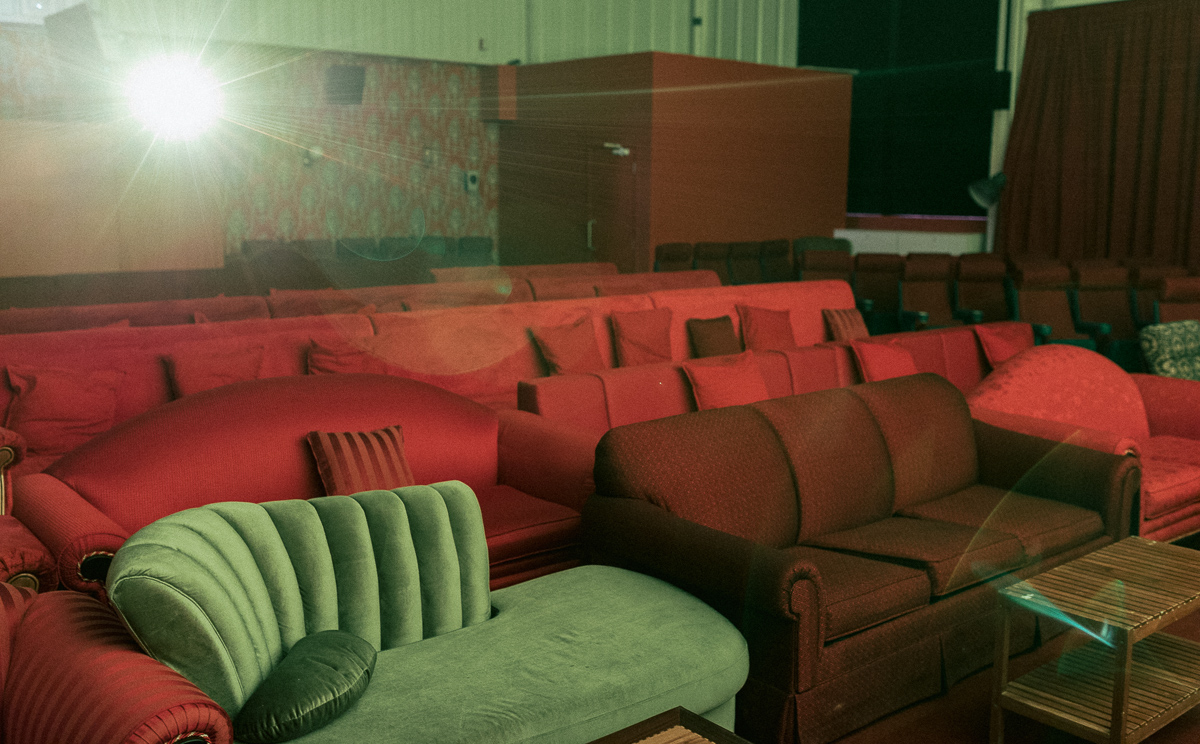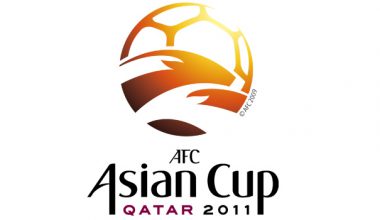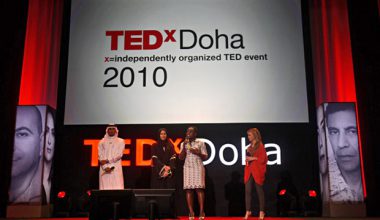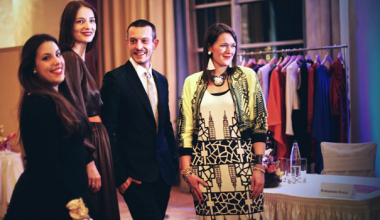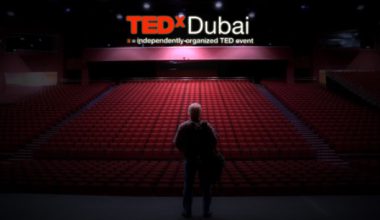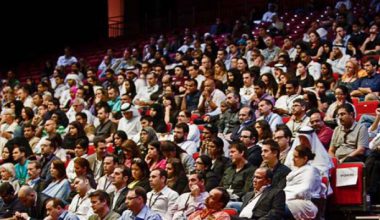When it comes to state-of-the-art cinemas, Dubai has no shortage. Offering the latest technology these mega theatres bring the latest blockbusters to eager cinephiles across the city. While the bigger theatres are an essential part of the entertainment economy, this indie cinema house, is not only a place to watch films that we would never have access to, but also an opportunity to be part of a thriving and diverse community.
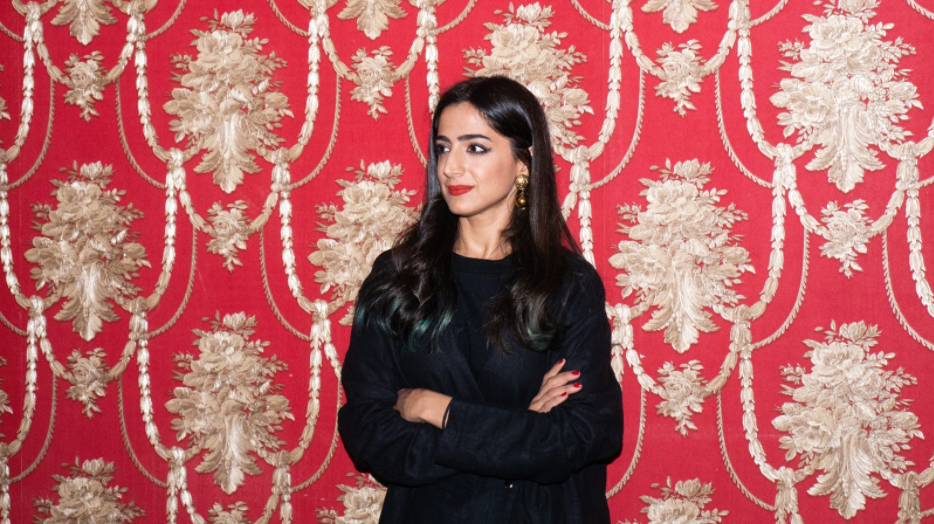
Founded in 2014, Cinema Akil brings repertory cinema programs from across the world to their flagship home in Alserkal, Dubai, and through the nomadic cinema across the UAE. Showcasing directors and filmmakers across the decades, Cinema Akil aims to create awareness and interest in film and the cinematic arts.
Cinema Akil, founded by Butheina Kazim, is the only independent art cinema platform of its kind in the entire Gulf region. An entertainment, cultural, educational, and social hub, it is a gathering space that apart from showcasing independent films, also brings together like-minded individuals to meet and exchange ideas. A community-driven concept, it has already established itself as a niche space in Dubai’s modern, urban society where people often feel isolated because they are away from their families and lead a hectic lifestyle.
Kazim was a Fulbright scholar of Media, Culture, and Communication at NYU and has professional experience as a project manager in television and radio stations in the UAE at media conglomerates, Arab Media Group and Dubai Media Incorporated.
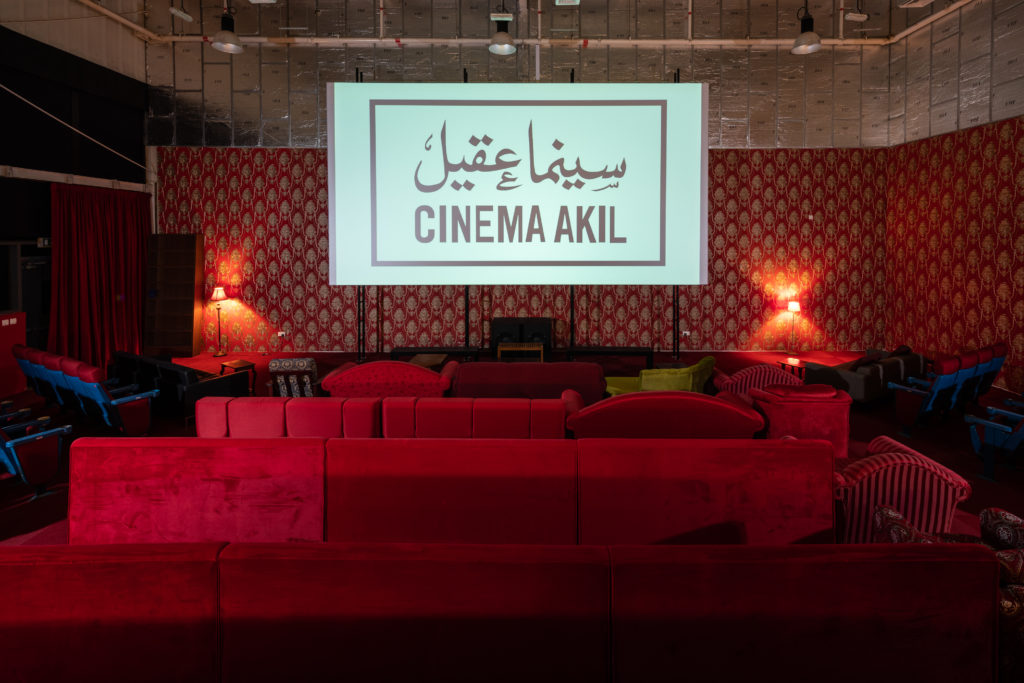
Saira Malik (S.M.): How would you describe Cinema Akil?
Butheina Kazim (B.M.): A world of ideas through the language of film. That has always been our philosophy in everything we do – from our phase as a nomadic traveling cinema, to a temporary pop up cinema to our permanent home at Alserkal Avenue. It’s a community space for the experience and celebration of coming together around ideas and creation expressed through the medium of film and the moving image.
S.M.: What was your vision when you were setting up Cinema Akil?
B.M.: Cinema Akil was set up to contribute to the cultural landscape of the UAE by dedicating a platform and space(s) to cinema and the cinematic arts. It was created in response to the lack of circulation of independent film from the larger region and became all the more urgent with the ceasing of all film festival activity in the UAE (ADFF, DIFF, GFF). The idea was simple: build a home to showcase films as diverse as the city we live in and make it memorable.
S.M.: What would you like to do with this platform for Arab women in film?
B.M.: I have made it a mission for Cinema Akil to prioritize the showcase of films from women in our Arabic-speaking countries – to date we’ve shown films from 18 out of the 22 Arab countries a large number of which were directed by Arab women or feature their perspectives overwhelmingly. We aim to continue that mission as we progress in this journey. An example of this is the Herstory Film and the Arab Woman program we did in collaboration with Warehouse421 which included films like Kaouther Ben Hania’s Beauty and the Dogs (Tunisia), Soudade Kadaan’s The Day I Lost My Shadow (Syria) and MAMSOUS directed by: Shatha Masoud (UAE). This year, 2021 started with the release of Haifa Al Mansour’s The Perfect Candidate from Saudi Arabia and our Ramadan 2021 program will be exclusively dedicated to the release of Koauther Ben Hania’s The Man Who Sold His Skin which is the only Arab contender for an Academy Award this year.

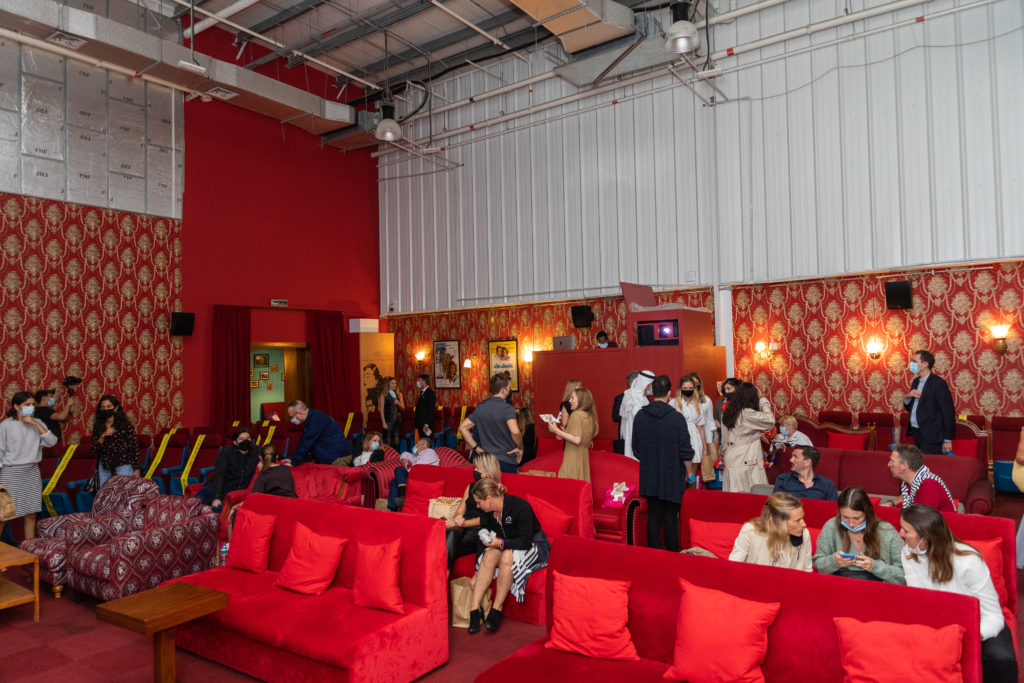
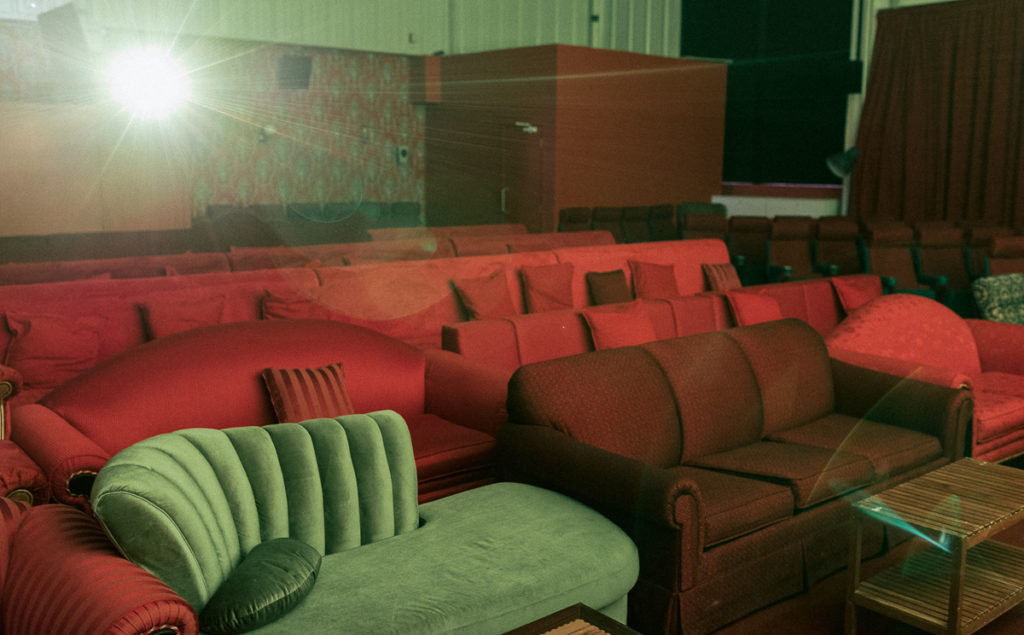
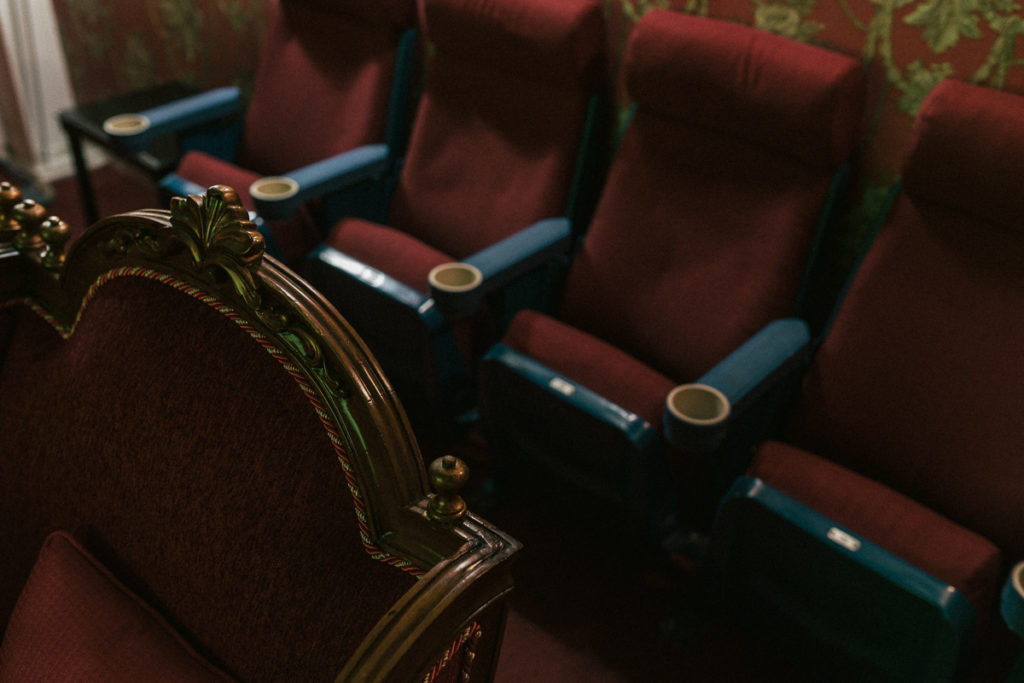
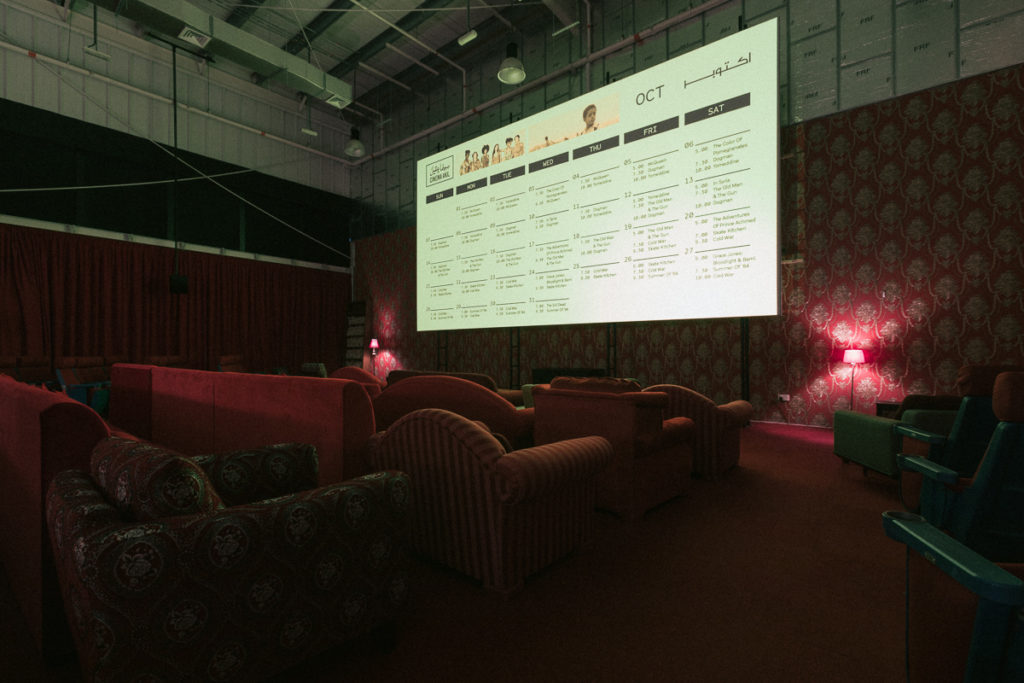
S.M.: Being a female-led platform and the first arthouse of its kind in the region, what are some of the challenges you have faced?
B.M.: Many of the challenges we’ve faced have been due to the specificity of an arthouse cinema in a context that has in the past two decades been almost exclusively a multiplex environment – this meant everything from licensing challenges, logistical challenges, and a lack of precedent for the context in a box office operational model.
S.M.: How has Cinema Akil been impacted by Covid-19 and what changes did you make initially and since then to maintain engagement?
B.M.: In mid-March 2020, we were the first cinema to shutter our doors days ahead of the official regulations. I share my thoughts here on our decision to close as a precautionary measure to protect the community. Through the closure, we pivoted to a combination of virtual programming and held online screenings, launched a 3-month partnership with Mubi the independent VOD platform, started CineTalks an online cine-club for our community to connect and collaborated with our partners on screenings, produced content and talks to keep the conversation going (for example, CineTalk screening and discussion of Symphonies of the Self a documentary about Bahraini composer Majeed Marhoon).
As soon as the weather improved, we collaborated with Alserkal Avenue to bring a program of cinema classics to the Yard in the outdoor space. The memory of a closed cinema lurks like a distant memory but also still ever present – through it all we have managed to host 2 film festivals (Gulf German Film Festival, Reel Palestine 2021 and FrancoFilm 2021). We reopened in mid-June 2020 to a strictly socially distanced cinema operating at 30% capacity and rigorous sanitization. A few months later I shared my thoughts with regional media publications on reopening and the infinite and eternal beauty of cinema. COVID-19 has changed every aspect of the film industry – from cancellations of festivals and film markets, to major studios reducing theatrical holdback windows in favor of VOD, to the ever expanding market share of the VOD platforms.
This inevitably affects everything about the cinema operating model but I remain a strong believer that community-centric cinema that transcends the role of a big screen conveyor belt of commercial films for rapid consumption is a part of the social fabric and a behavior that addresses our ultimate war with isolation – a year where that isolation has not been more felt. We have been open for 10 months now operating at a safely distant 50% with universal masking and measures to combat the spread of the disease but also the urgent need for congregation and a reminder of the things that make us human through the cinema screen and its stories.
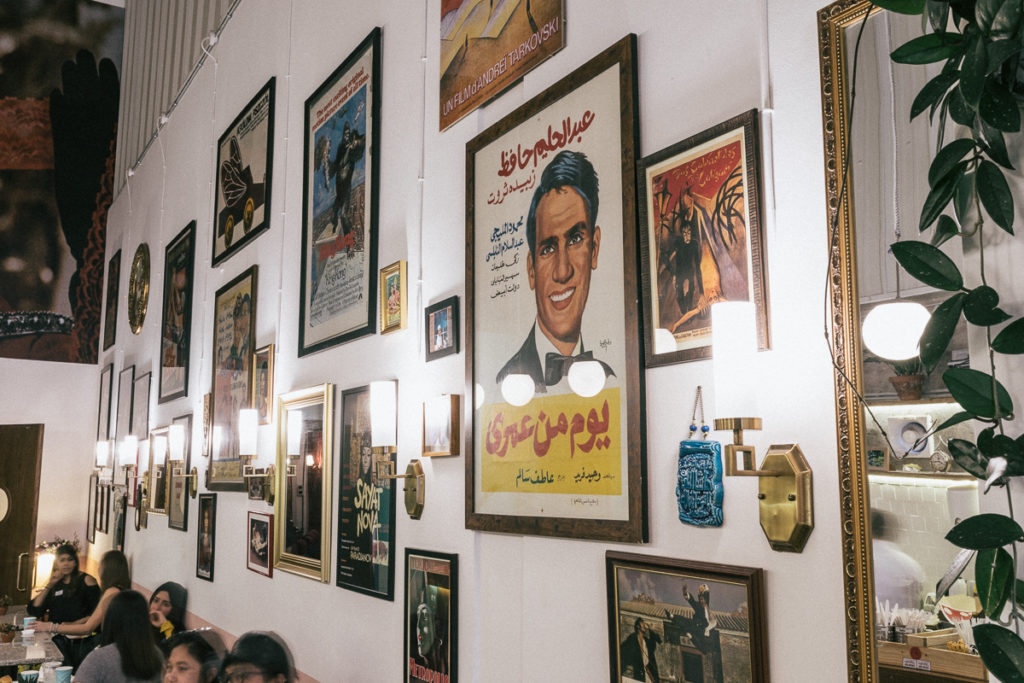
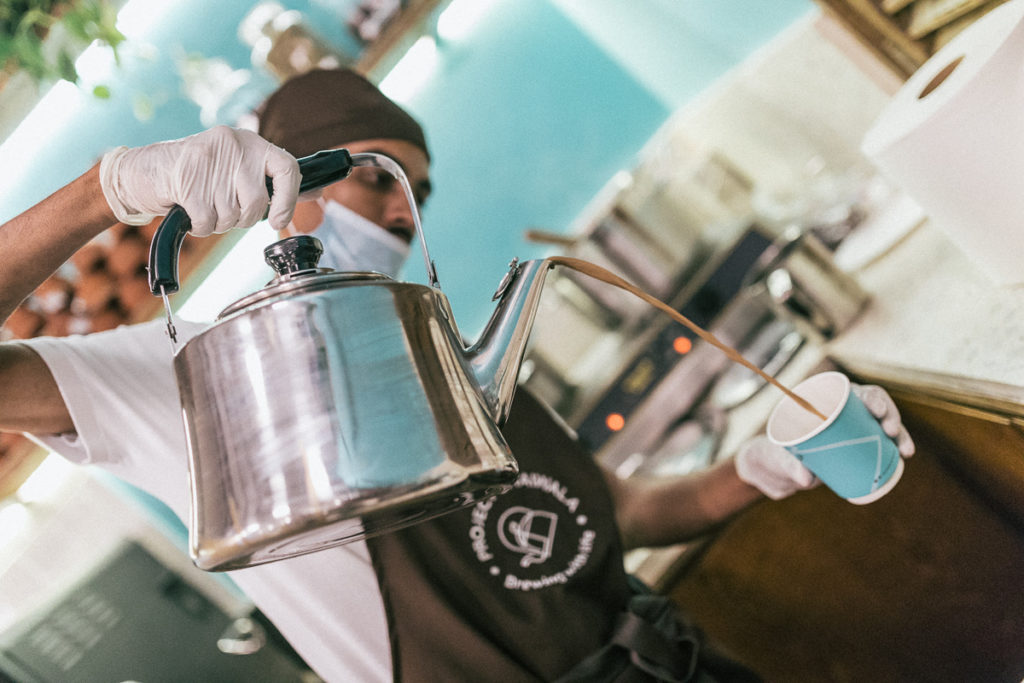
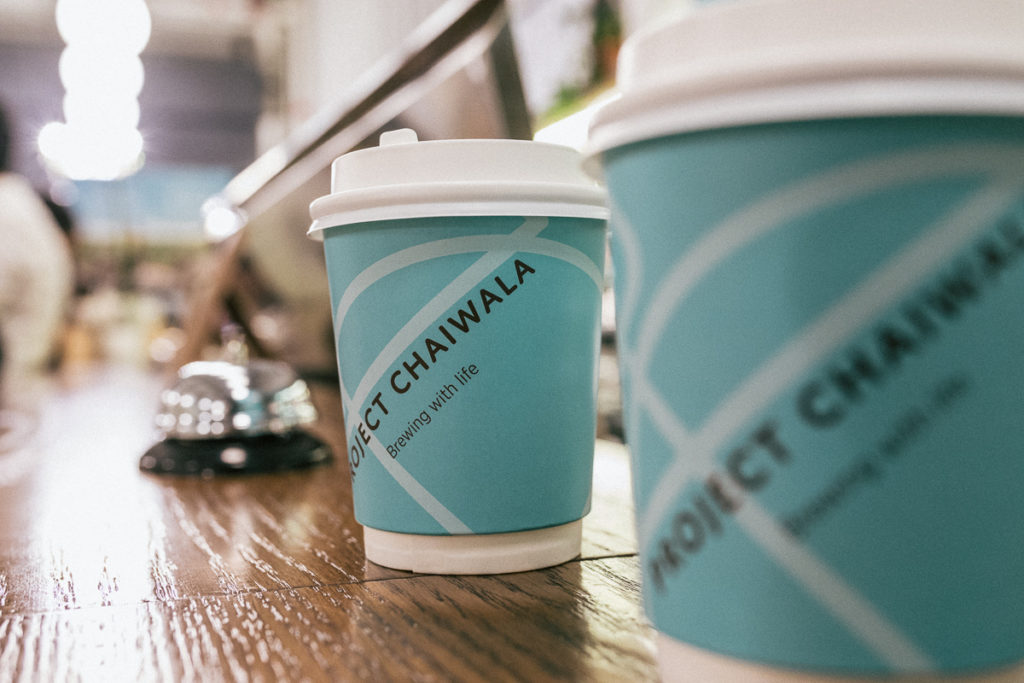
S.M.: From the diverse selection of films to the eclectic design of the space and the choice of a fusion canteen, everything is so well curated. Can you talk a little about the charming design of the physical space in Al Serkal?
B.M.: Nothing about the Cinema Akil space or concept was a result of a single attempt or a design. The space you see today is an accumulation of years of doing pop up cinemas and thinking about how people want to use a community cinema, travels to research aesthetically and programmatically as many examples as possible from around the world of how community cinema functions as well as rich collaborations with designers, artists and partners. The space as I mentioned was a pop up cinema for 3 months in the summer of 2017 as a program called Now Playing which was a collaboration with Alserkal Avenue where we took over the space to temporarily run a nightly cinema nonstop.
We worked on the design with artists Chndy and Cheb Moha, which later was adapted and developed when we decided to take over the space with Wanders Wagner and later Maja Kozel Design. However, I had a very clear idea from the outset about the elements that will define the design direction of the cinema. I wanted the space to encompass old and new, comfort and edge and most importantly a place that cultivates conversation (hence the partnership with Project Chaiwala) and a space that's malleable and extends itself to different uses – this is why we didn't opt for stadium style seating typical to cinemas.
S.M.: Tell us about the films you focus on and what are you looking for when you pick and design such a dynamic program?
B.M.: There’s no science or formula when it comes to curating the program but overall we’re interested in cinema that expands people’s frames of reference, shares untold or underrepresented images and stories with a specific focus on the MENASA region but also a keen interest on the film works of the Global South. Feminism and female filmmakers and stories is also something we work on highlighting when programming. We have a focus on documentaries as well which don’t get much theatrical distribution. The films we show either have a high penchant for sociopolitical interest, or as a contrast, the universal language of cinema with all its magic. There’s no room for rigidity.

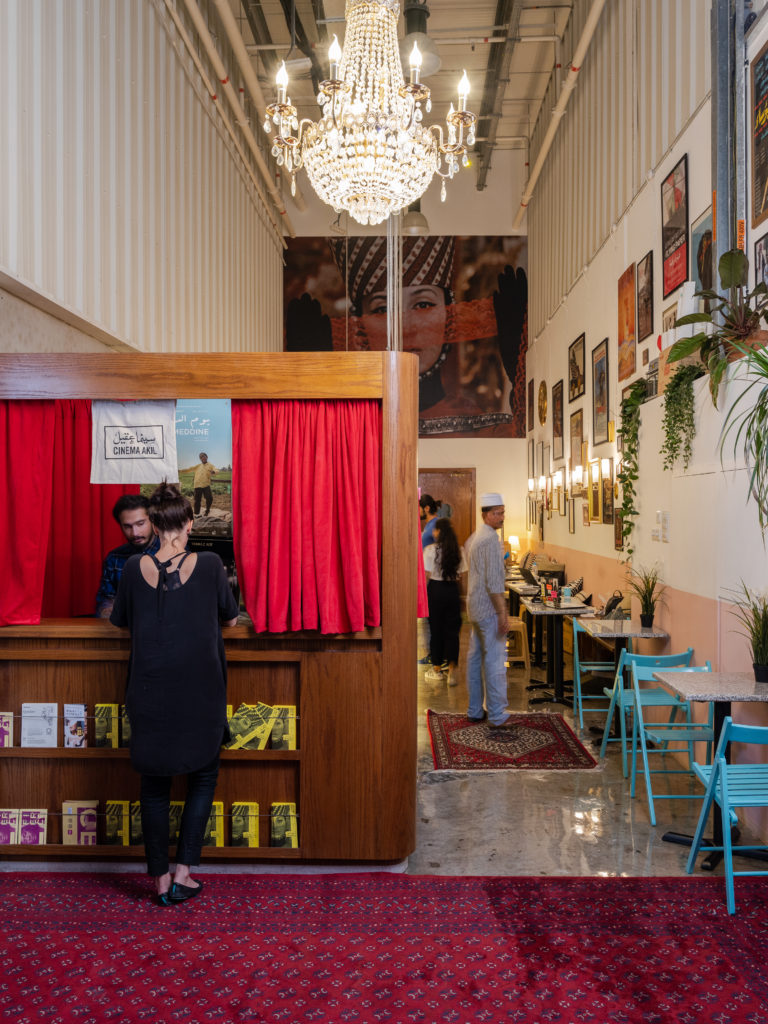
S.M.: How would you describe the patrons? Have you been able to reach out to a wider group yet or is this still a very niche set of cinema-goers that supports Cinema Akil?
B.M.: Cinema is a world of worlds through moving stories of light so there’s always something in it for everyone. There is no set “audience per se” because different films and different programs appeal to different groups – but I will say that they tend to have a shared common denominator of curiosity.
S.M.: What is the importance of indie cinema in an urban society like Dubai?
B.M.: It's important to have cultural spaces that speak to the pulse of the inhabitants of a city. A city as dynamic as Dubai creates a yearning for collective and public engagement, critical thinking, dreaming and coming together for shared experiences. These are all attributes of the shared experience of watching films together in cinemas.
S.M.: What are your future plans for Cinema Akil?
B.M.: Watch this space. [Stay tuned…]
For more information on Cinema Akil, please click here!
For more information on Butheina Kazim and her work, click here and here!

